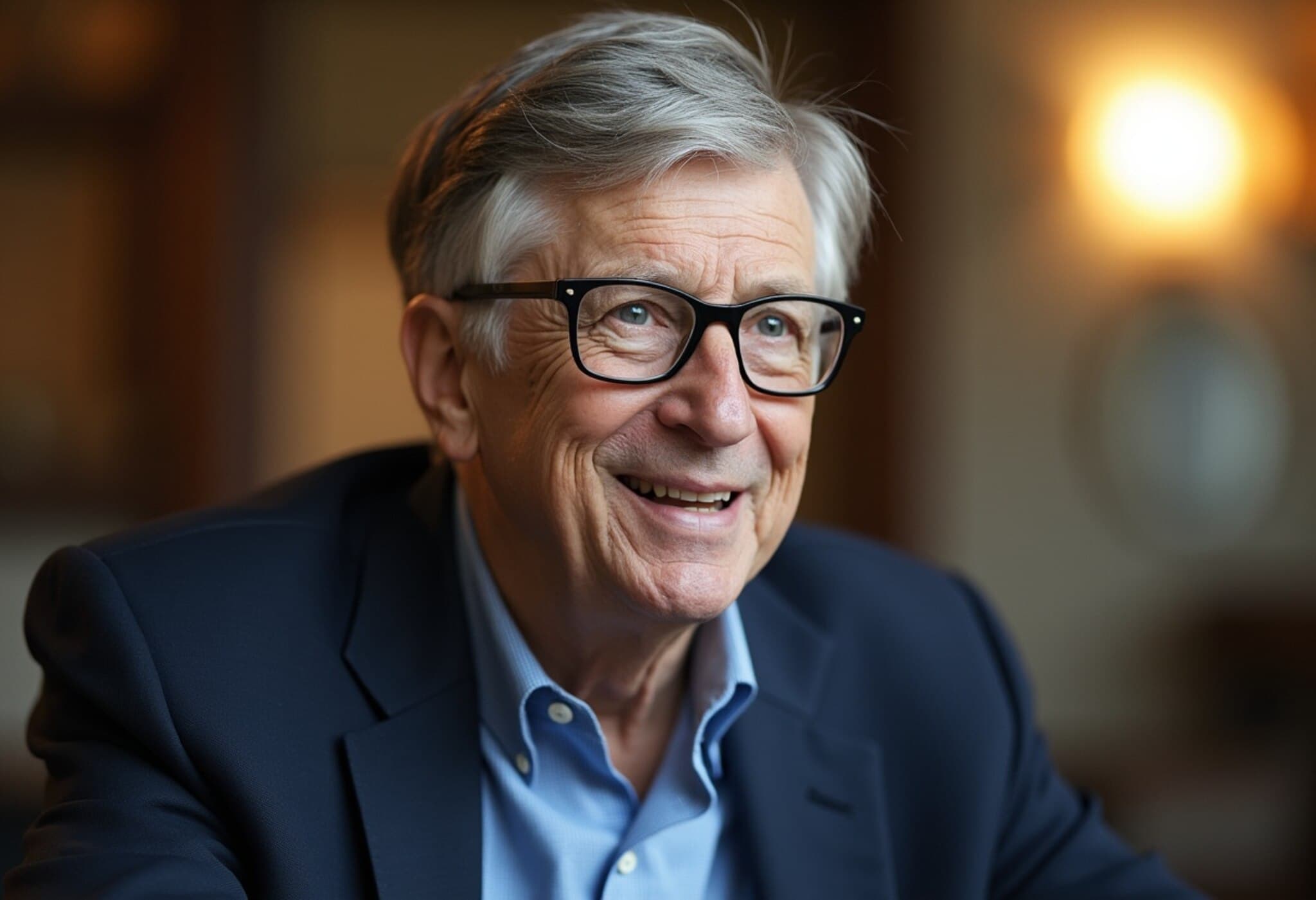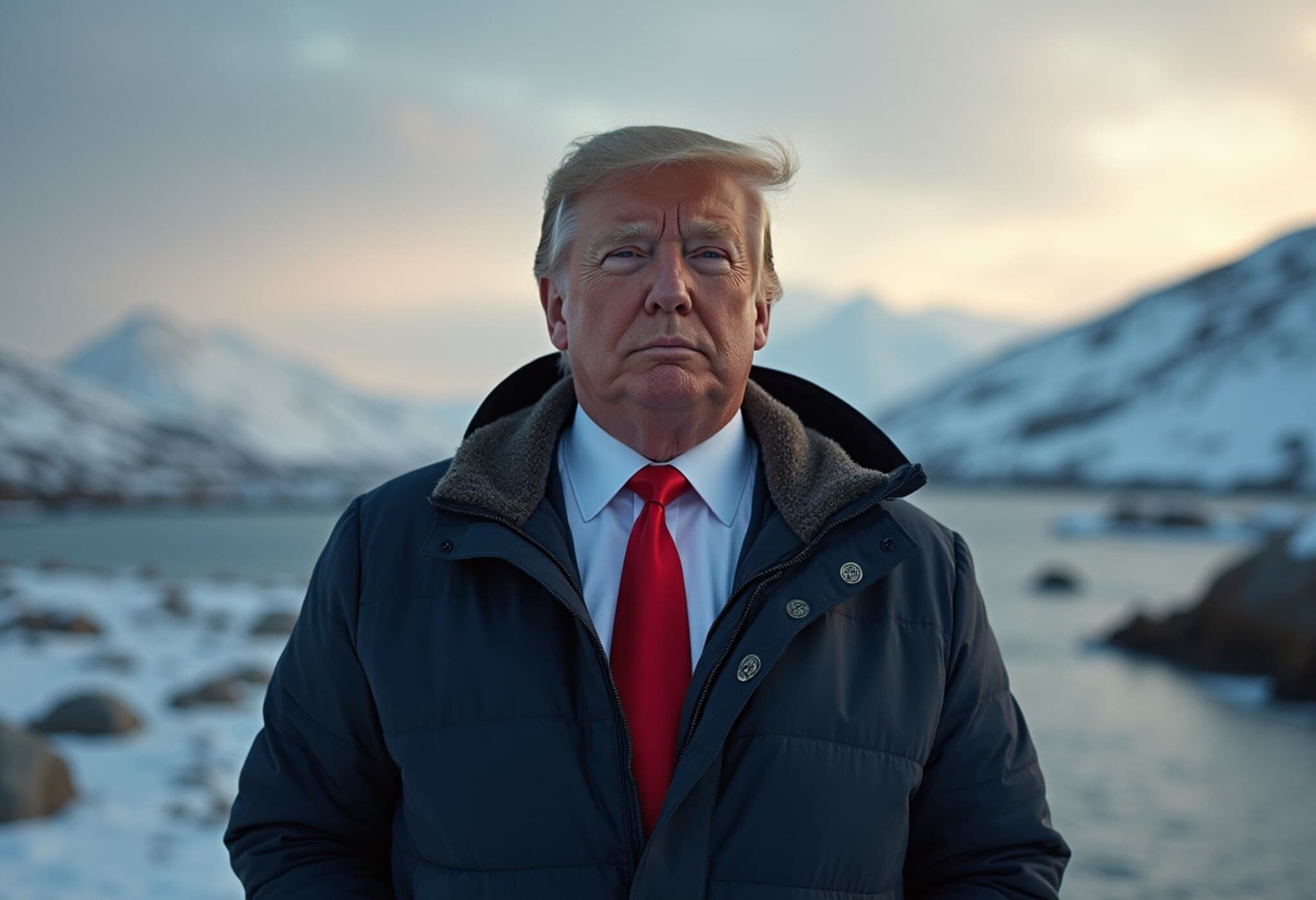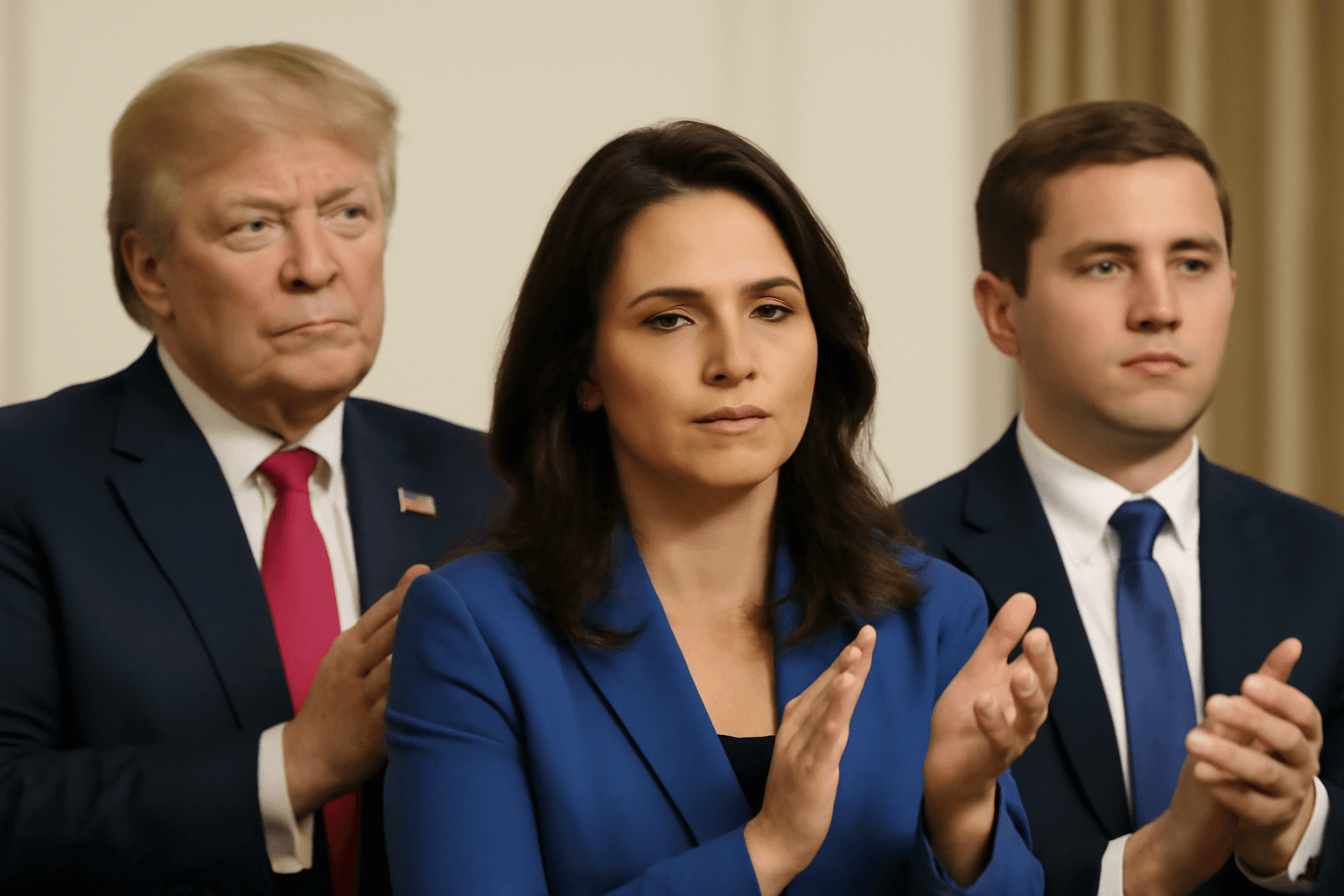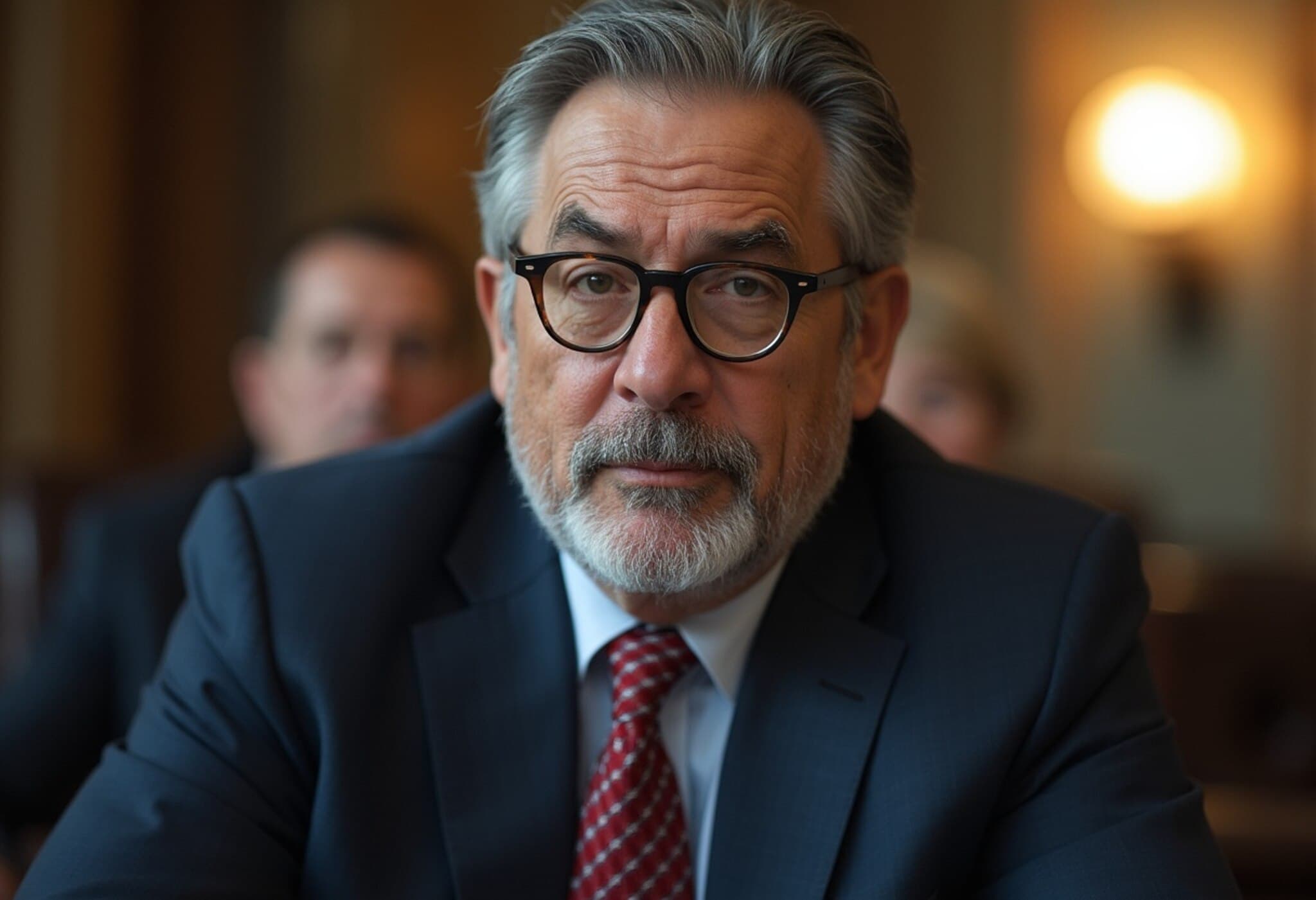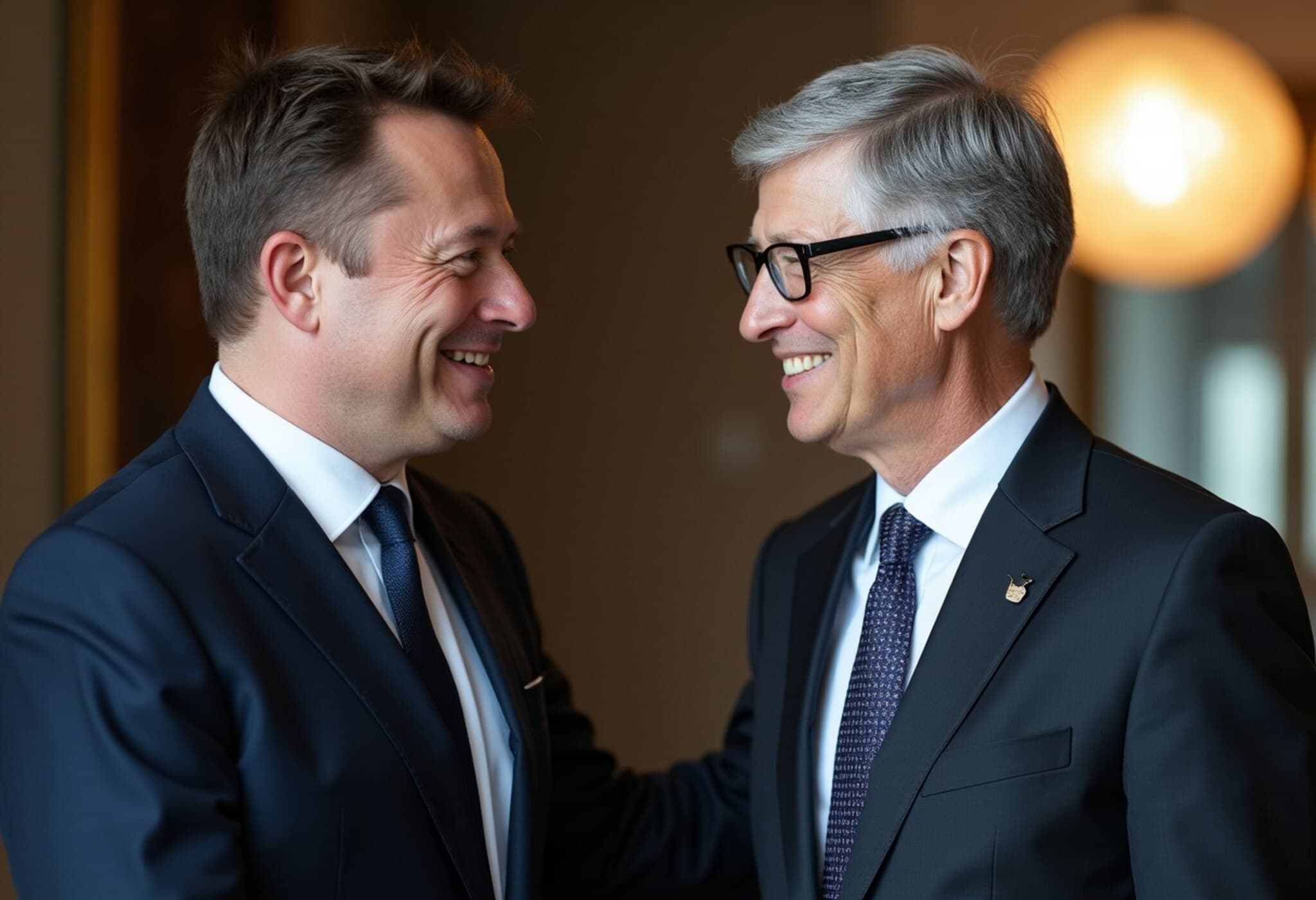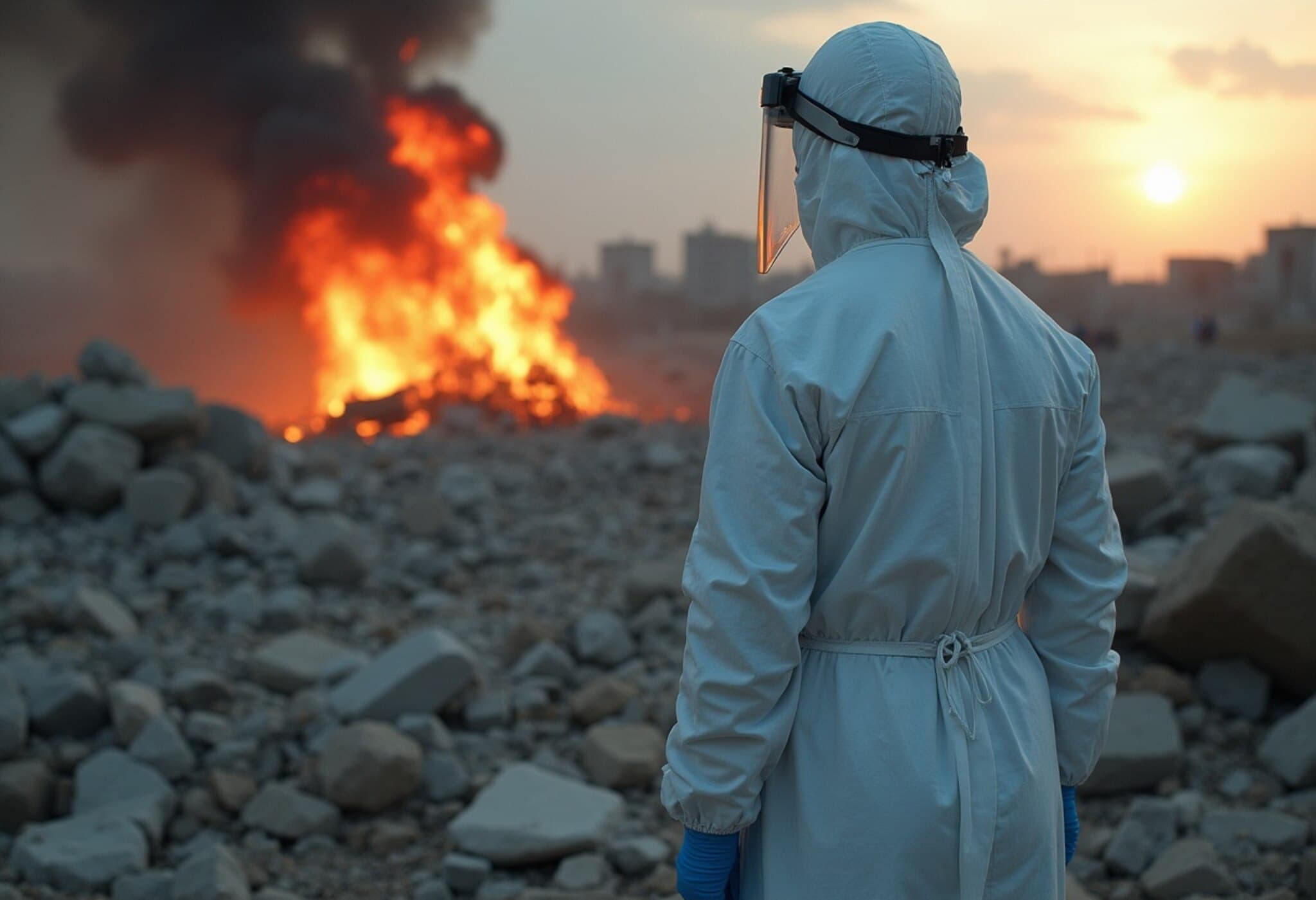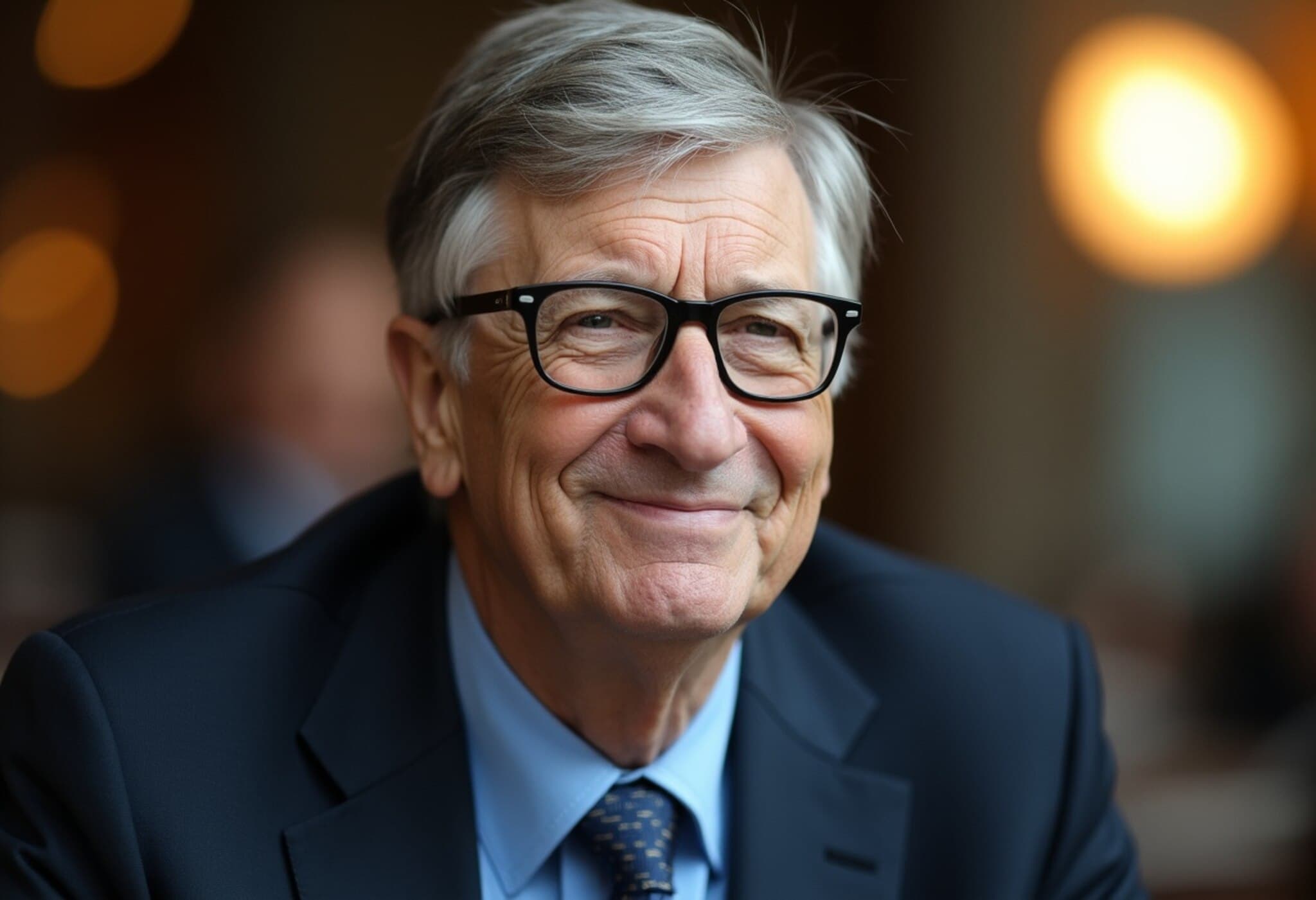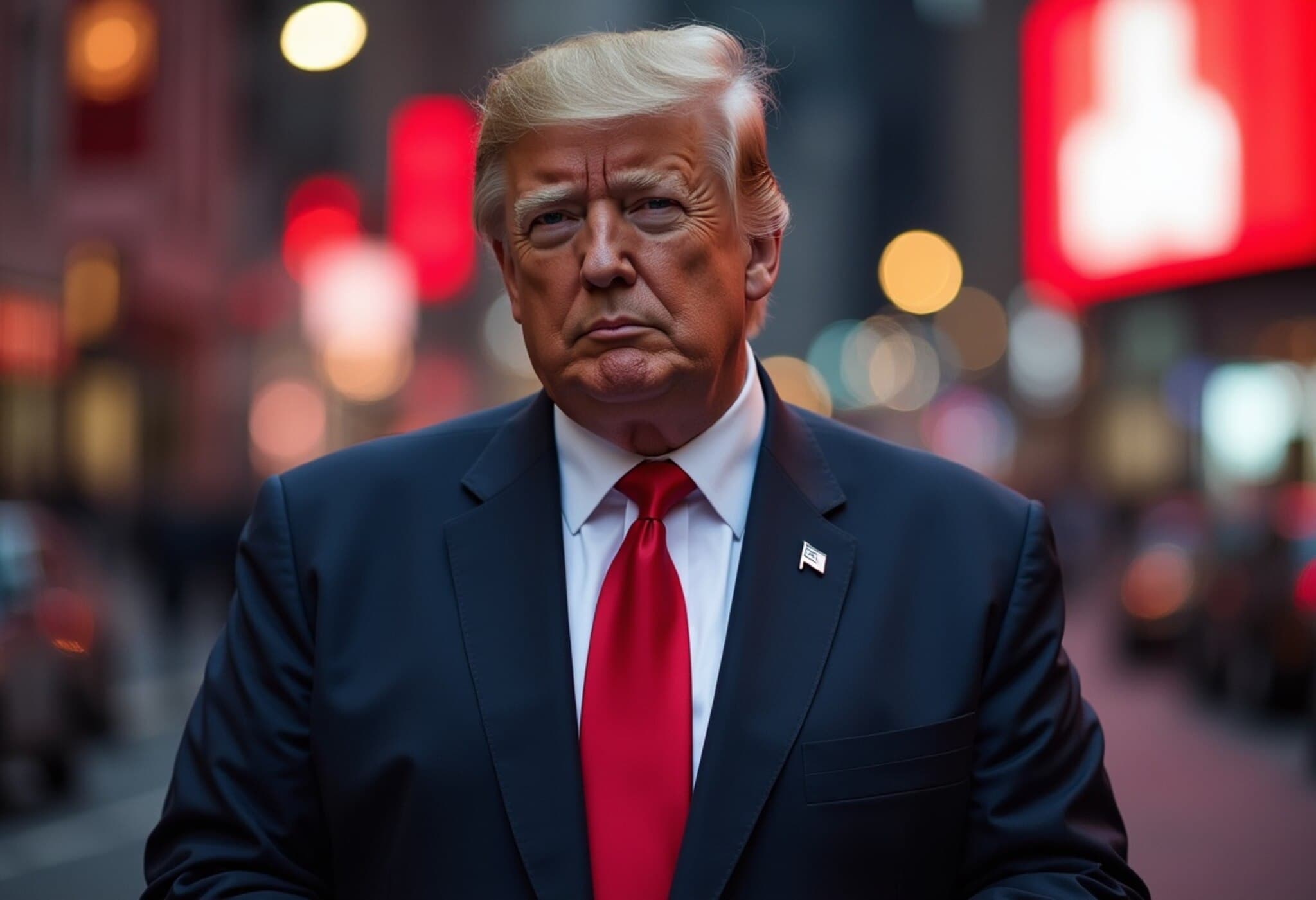Bill Gates Voices Urgent Concern Over USAID Funding Cuts
On July 11, 2025, Bill Gates, the renowned philanthropist and co-founder of Microsoft, issued a compelling appeal to reverse the sweeping cuts to the U.S. Agency for International Development (USAID) enacted under former President Donald Trump’s administration. Speaking from his vantage point as chair of the Bill & Melinda Gates Foundation, Gates described the consequences of these cuts as “devastating” but emphasized that they remain preventable if addressed promptly.
Disruptions in Vital Aid Highlight Human Toll
Gates' remarks come in the wake of reports from aid workers on the ground in Africa, relayed via journalist Sam Stein of The Daily Beast. An anonymous aid worker detailed harrowing shortages: shipments of pediatric HIV medications have been halted for months, with existing supplies set to expire shortly; oxygen tubes critical for newborns are dwindling; and treatments for sexually transmitted infections face similar scarcity. These disruptions directly threaten vulnerable populations, underscoring the humanitarian stakes of funding decisions made thousands of miles away.
USAID’s Absorption Into State Department Spurs Further Uncertainty
Since February 2025, USAID employees have been placed on administrative leave as the agency underwent consolidation within the U.S. Department of State, culminating in USAID’s dissolution on June 30. Secretary of State Anthony Rubio has indicated that future assistance will be “targeted and time limited,” signaling a strategic narrowing of American foreign aid efforts. Moreover, funding for critical programs like the President's Emergency Plan for AIDS Relief (PEPFAR) is currently under review.
Bill Gates: A Deeply Involved Partner in Global Health
The Gates Foundation has long been intertwined with USAID's mission, collectively investing billions into advancing global health and development. Gates publicly criticized the abrupt nature of recent funding cuts during a June speech in New York City, highlighting the interruptions to clinical trials and the tragic delays in delivering essential medicines. “These cuts are something that I think are a huge mistake,” Gates stated, drawing expert attention to the wider implications beyond mere budgetary figures.
Wider Political and Economic Context
- The Trump administration’s aid rollback extends beyond USAID and PEPFAR, including the cessation of U.S. support for Gavi, the Vaccine Alliance, a public-private partnership co-founded by the Gates Foundation in 1999.
- Despite bipartisan humanitarian concerns, political relationships appear complicated; Gates reportedly dined with Trump at Mar-a-Lago late last year, while Secretary Rubio has so far declined meetings with the philanthropist.
- These funding decisions contrast sharply with the Gates Foundation’s commitment to donate nearly all of its wealth — an estimated $200 billion over the next two decades — toward ending extreme poverty and preventable diseases globally.
Expert Insights: What’s at Stake for U.S. Global Leadership
Experts warn that cutting foreign aid programs jeopardizes not only lives but also America’s geopolitical influence. Foreign aid acts as a critical tool for diplomacy and stabilizing fragile states, particularly those battling pandemics and extreme poverty. With global health threats increasingly transnational—as evidenced by recent pandemics—scaling back funding risks undermining global preparedness and economic stability. Gates’ call to action serves as a reminder that humanitarian aid and national security are deeply intertwined.
Editor’s Note
The recent cuts to USAID have spotlighted a fundamental tension in U.S. policy between fiscal retrenchment and global responsibility. Bill Gates’ appeal to reverse these decisions challenges policymakers to reconsider the broader costs—human, diplomatic, and strategic. As America recalibrates its foreign aid posture, the stories of vulnerable populations losing access to life-saving medicines serve as a sobering indicator of what’s at stake. For readers and citizens, the critical question remains: How can the U.S. balance budgetary constraints while upholding its historic role as a leader in global health and humanitarian assistance?

